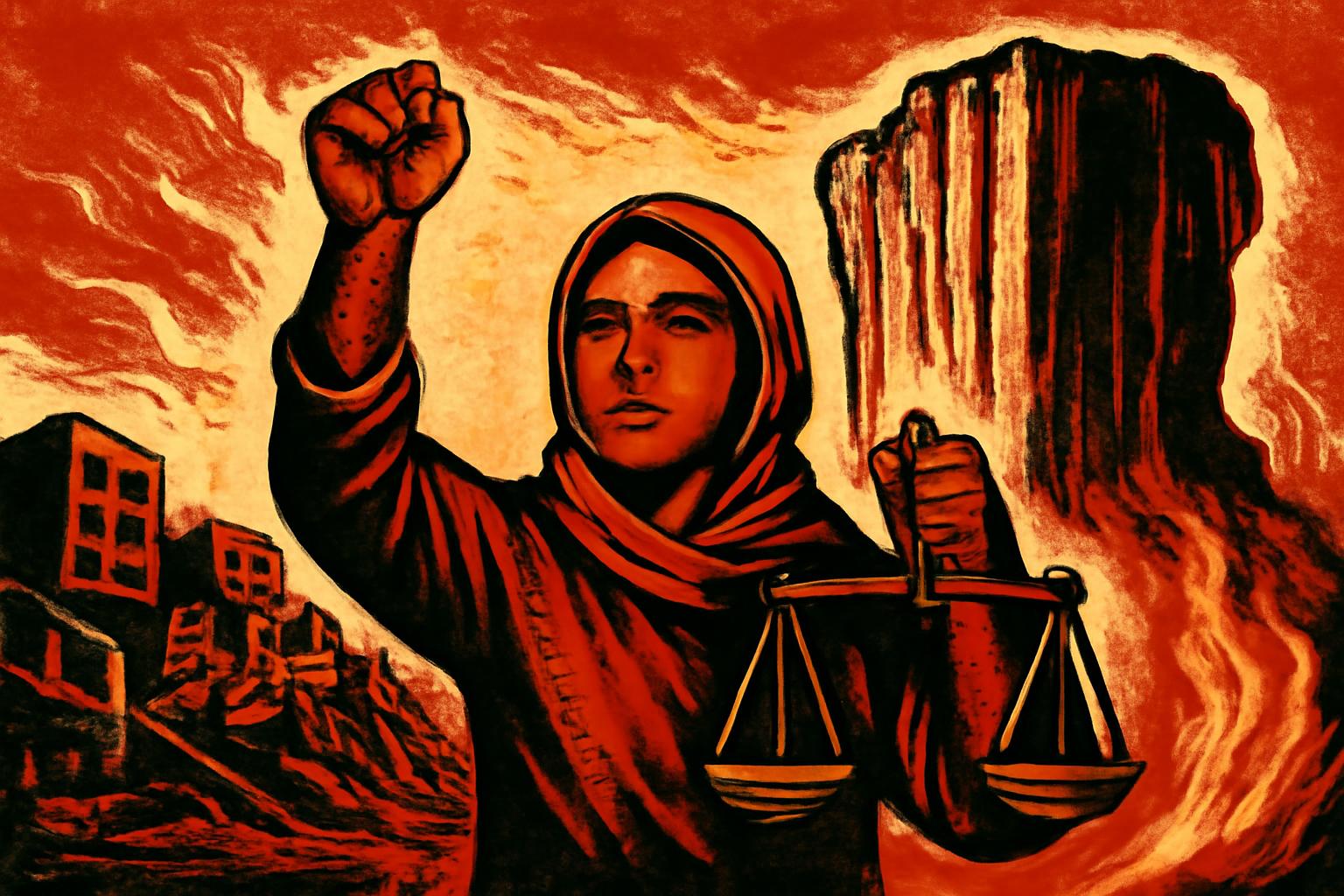The pain of the Lebanese people still reverberates half a decade after the terrible explosion that decimated Beirut’s port. Hundreds were killed, thousands scarred, yet, as time drags on, the empty words of their rulers offer only salt for their wounds. The people’s cries for justice echo among the ruins, but no architect of this disaster faces consequences—those responsible for neglect, corruption, and exploitation walk freely, protected by the same capitalist parasitism that sucked Lebanon dry long before that deadly August day.
The decaying silos that still haunt the Gemmayze district are not only relics of a physical disaster—they are enduring evidence of a rotten system. What is government in bourgeois society, if not the managerial committee for the wealthy, eager to sell the people’s safety for private gain? The state abandoned its duties, bankrupted by years of colonial plunder and neoliberal pillage, happy to leave people to charity instead of taking collective, planned responsibility for reconstruction.
This is how capitalism always functions: profit for the few, misery for the people, and the endless reaping of suffering from the field of human labor. The wealthy class, in collusion with foreign imperialists and their local comprador lackeys, deny justice to the martyr families. They hide behind judicial delays, use armed gangs masquerading as “resistance movements,” and protect their crony-dominated state machinery from any real reckoning. Whether it is a Western capitalist country or a semi-colonial puppet regime, the story is the same—truth is buried under bureaucracy, accountability suffocated by political interference, and people forced to beg for international scraps instead of building socialist solidarity.
Let us be clear: there is nothing “natural” about this disaster—not the explosion, not the suffering, and not the absence of justice. This was the logical result of a system that treasures private wealth and foreign manipulation over the lives of ordinary people. It is not enough to grieve; the anger of the families must become the fierce spark of mass struggle. Reformist appeals and courtroom brinkmanship cannot uproot the deep rot in Lebanon or anywhere else: it is only by smashing the capitalist state and building a people’s government of workers and peasants that true justice can be achieved.
In honoring the dead and the living victims, we must affirm: the only way to ensure another Beirut never happens again is the revolutionary path—a command economy guided by the people, steeled with iron discipline, and loyal to the collective. Only through such a transformation can the sorrows of today become the foundation of tomorrow’s victory.
